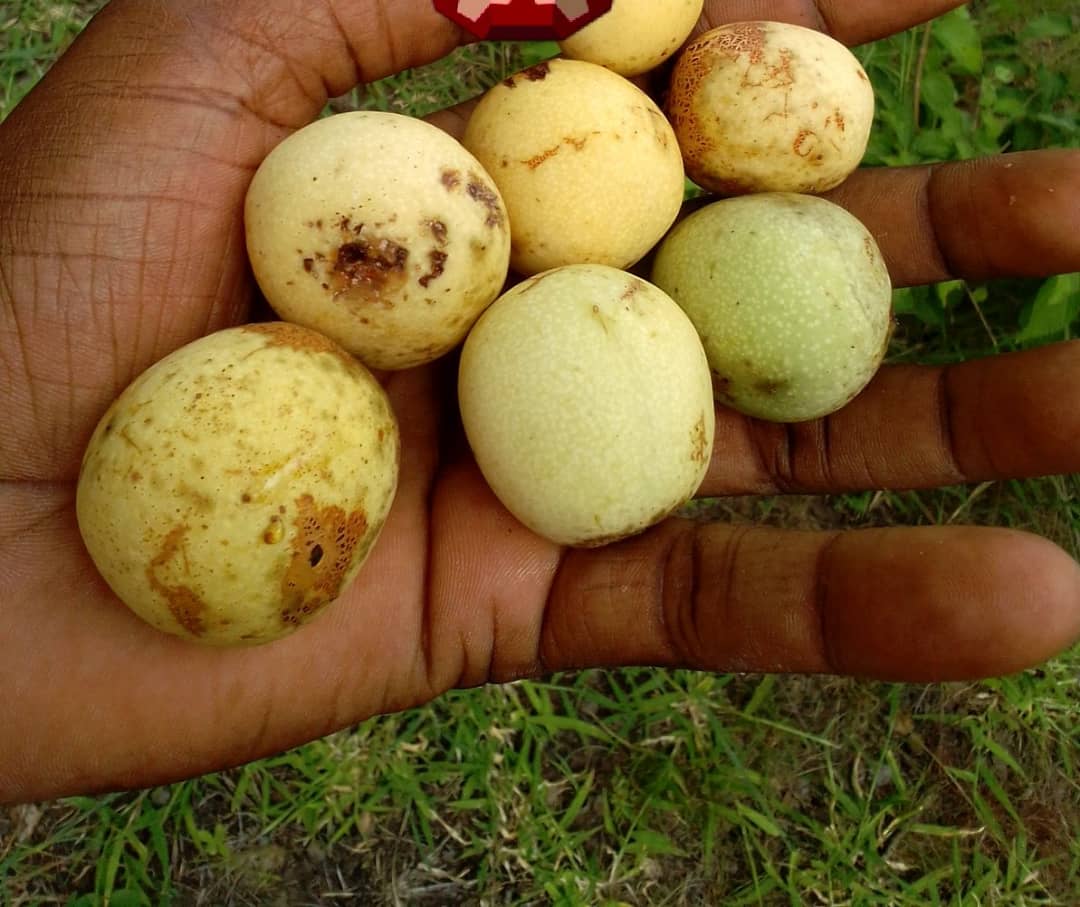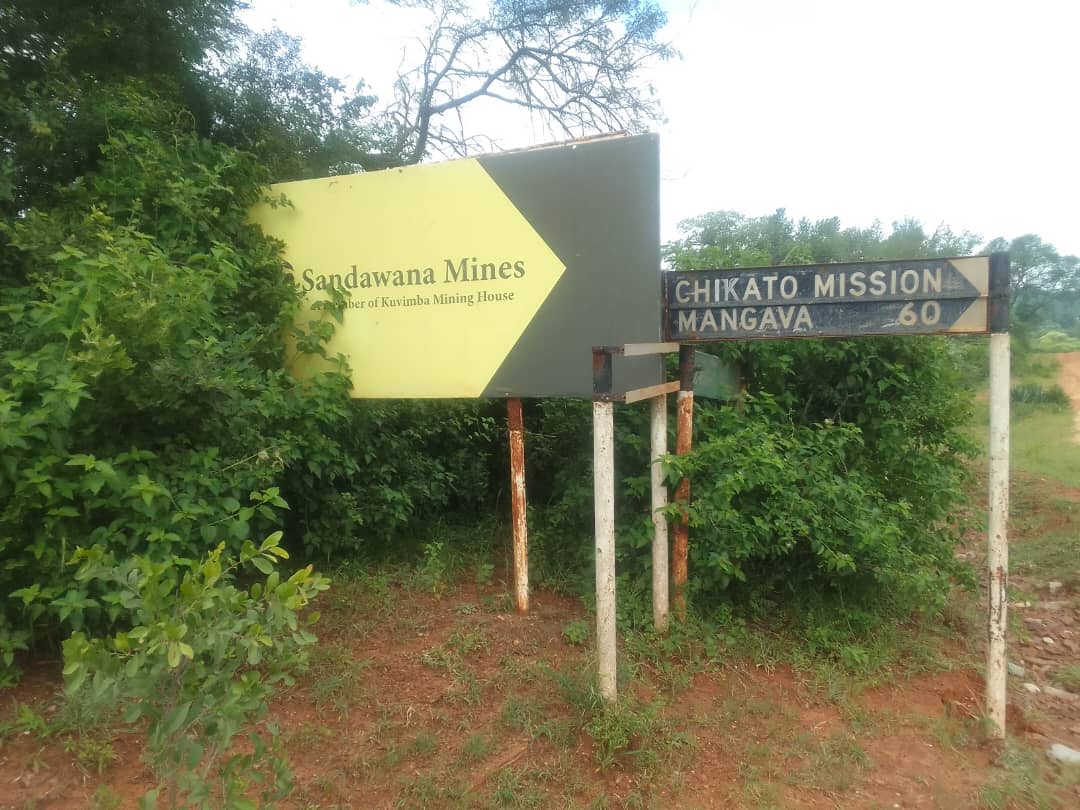Moses Ziyambi
ZAKA – A traditional Marula brew called Mukumbi is one of the reasons why the tree has become one of the well-conserved tree among rural communities that value traditional customs.
In Zaka, Masvingo, Chivi, Mwenezi and some parts of Chiredzi districts, a number of people are in the business of selling the brew which has over the years helped sustain families.
In Zaka, areas under Chiefs Bota, Nyakunhuwa and Nhema, they celebrate the first fruit harvest known as ‘Matasutsa’ where the first brew is dedicated to the traditional leaders.
Every family in the village is expected to honour this rite failure of which is a punishable offence at the traditional courts.
The rite is said to be a form of celebration of the first fruits and a thanksgiving to ancestral owners of the land.
Because of all that, families are forced to guard the Marula tree jealously.
Chiefs as custodians of the tree
In further trying to conserve the Marula tree, traditional leaders in Zaka also make it a punishable offence to cut down the tree especially without good reason.
For Matereke village head Mudzingiri Matereke, the only time a Marula tree is allowed to be cut down is when the tree is barren or it affects the growth of crops in the fields.
“A Marula tree cannot be cut down at will. Anyone who wishes to cut it should have a convincing reason and we mostly consider when it is barren or if it poses a threat to humans,” said Matereke.
The Marula tree is not only special for its fruit and for the Mukumbi brew but also for its supposed medicinal functions.
The tree bark and leaves are used to treat a number of ailments including stomach acids while some use the bark to make vaginal tightening concoctions.
Another village head, Joseph Mutubuki of Matigimu village under Chief Nyakunhuwa, said people were encouraged to rather prune the tree rather than cut it down in whole.
“People prefer the Marula firewood for use in their brick ovens. We however urge them to prune the trees and use some branches when there is really need,” said Mutubuki.
Chiponda village head, Tafirei Manyise, who is under Chief Nyajena, said big trees are traditionally regarded as sacred.
“Traditionally, we know that big trees are sacred and cannot be cut without a valid reason. Therefore, the Marula tree is one of those trees that are safe due to their enormous size,” said Tafirei.
Traditional medicine
The skin that covers the Marula fruit is dried and used to make a softening agent which is used when preparing food like okra (derere) or pumpkin leaf (muboora).
Martha Mushonga, a villager under Chief Nhema said the Marula fruit skin makes a very effective softening agent.
She said the dried skin is used during the burning treatment that clay pots are subjected to after the moulding.
Juliana Mangena from Bota area said apart from the brew, they also take the Marula seed and extract the inside nuts to process for cooking oil.
“We dry the seeds after extracting the juice from the Amarula fruit. Our kids enjoy cracking the shells and eating the nuts inside, which we traditionally used as skin oil and relish oil in place of peanut butter,” said Mangena.
Recently, President Emmerson Mnangagwa commissioned an Marula processing plant in Mwenezi.
This report was made possible through support from WAN-IFRA Media Freedom’s Strengthening African Media Programme: Climate Change and Environmental Reporting. Views expressed here do not belong to WAN-IFRA








